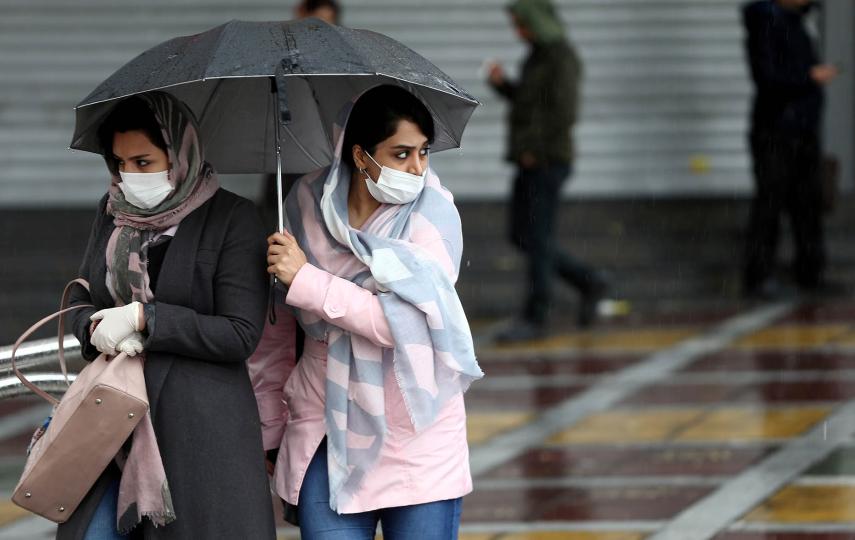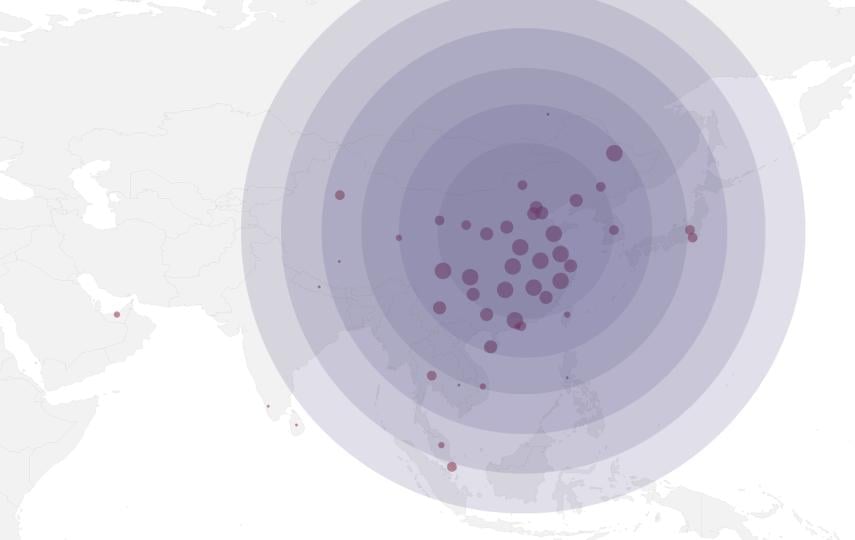The World Bank has pledged up to $12 billion in grants and loans for countries to tackle the coronavirus. The money – an “initial package” – is to strengthen health systems and disease surveillance. Half of it is to cushion the private sector from the impact of the disease.
Of the total, $8 billion is newly allocated. The rest is from existing budgets.
Low-income countries will be eligible for $3.3 billion in grants, and, according to the World Bank’s standing policy, middle-income states can get some of the $2.7 billion earmarked for loans.
Half of the money is not health-related: it is meant to “reduce the impact on economies”. Up to $6 billion will be spent by International Finance Corporation (IFC), the World Bank’s investment arm, which “will provide its clients with the necessary support to continue operating and to sustain jobs”.
According to the World Bank press release, the IFC role will be to support commercial banks, and “also directly support its corporate clients – with a focus on strategic sectors including medical equipment and pharmaceuticals – to sustain supply chains and limit downside risks”.
One example of how it may work is Vietnam, where the IFC already agreed to support four local banks with $294 million so that affected small businesses could access credit.
The World Health Organisation, meanwhile, has appealed for $675 million for a three-month response plan, February to April.
Read TNH’s coverage for more on the spread of the virus and how vulnerable groups could be affected.
– Ben Parker
Behind the headlines: How will COVID-19 impact crisis zones? | Thursday 19 March
Aid agencies are scrambling to adapt as the COVID-19 pandemic is felt throughout the world. Join Senior Editor Ben Parker as he speaks to leading experts and practitioners from across the humanitarian sector to discuss some of the most pressing issues.




